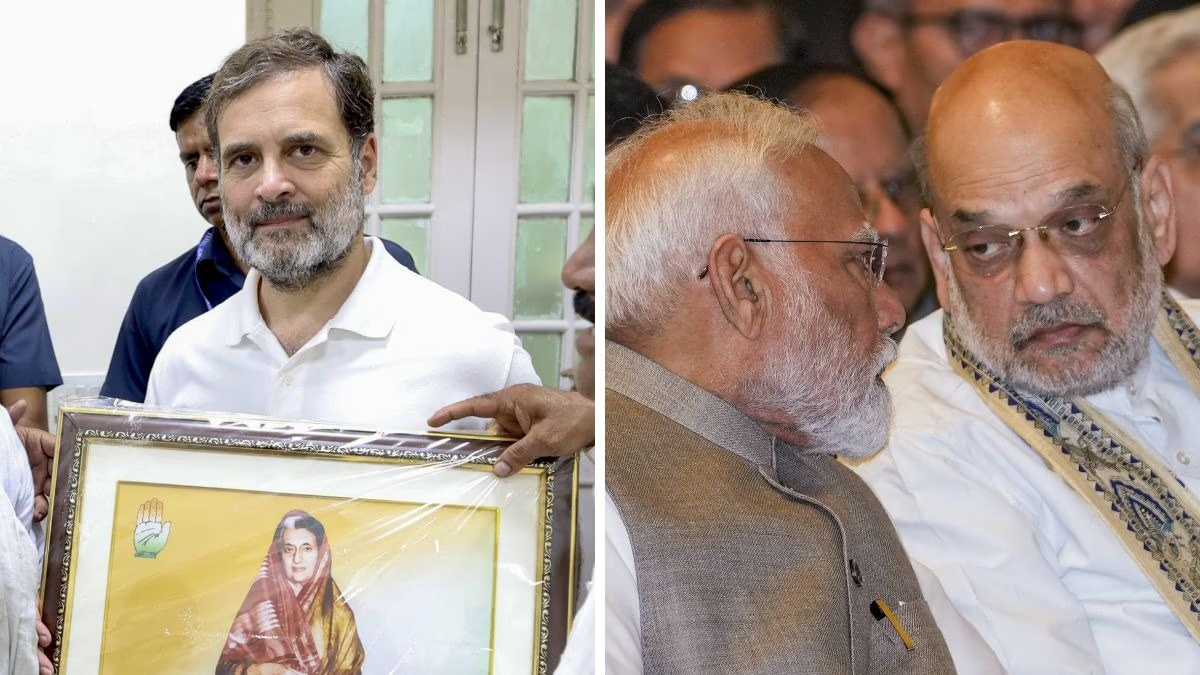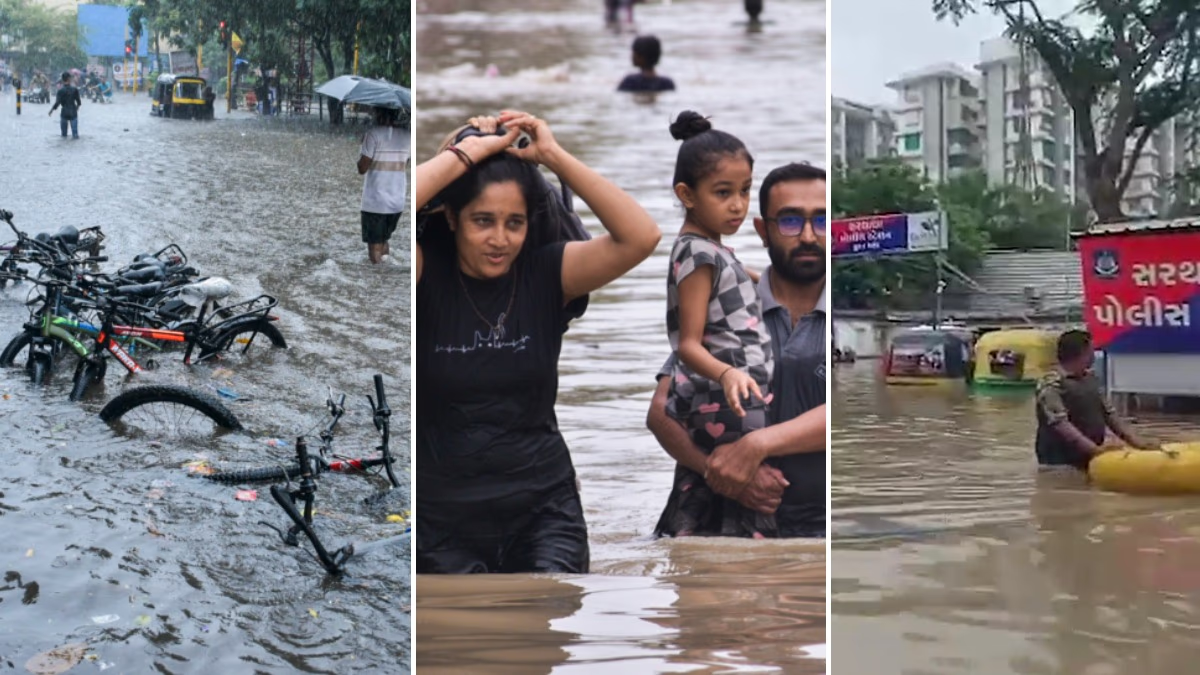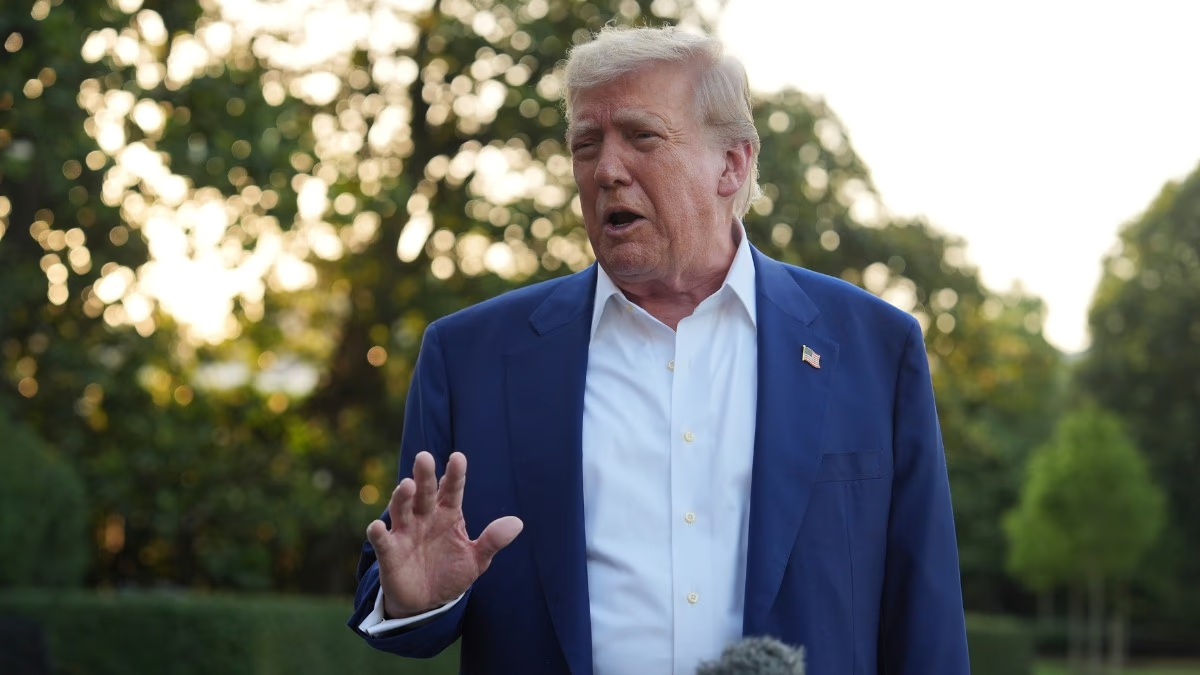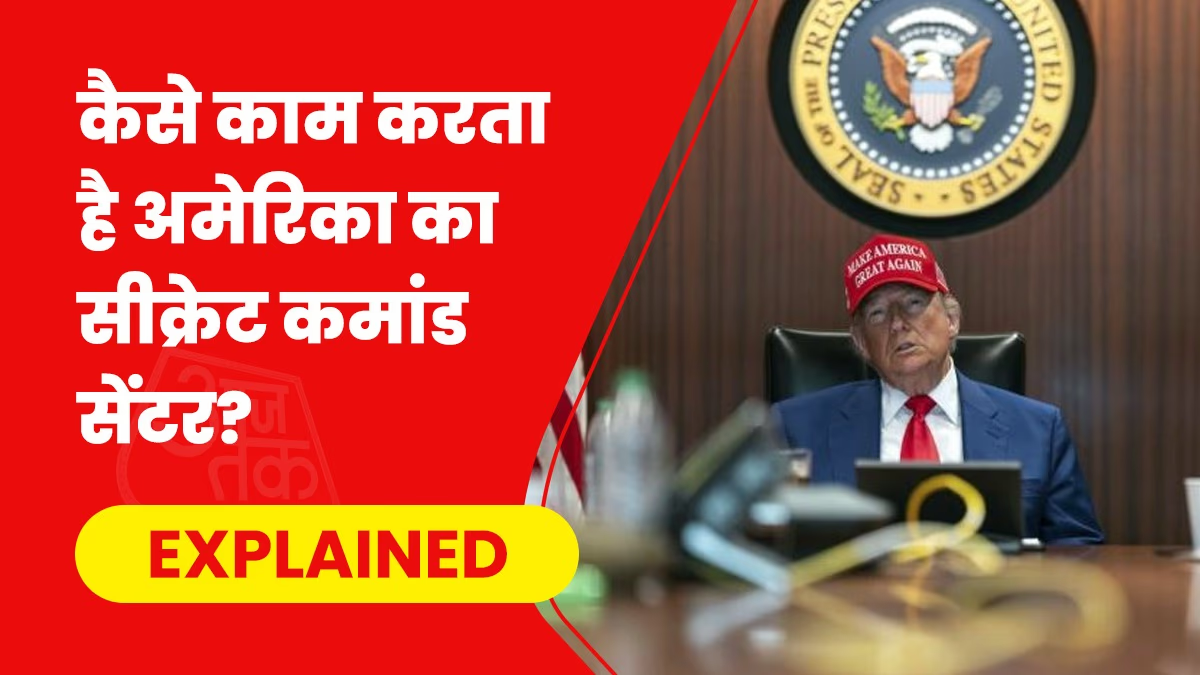As the country marks the 50th anniversary of the Emergency, the BJP had laid its groundwork to challenge Congress. The central BJP government had already announced Constitution Mourn Day for June 25th last year.
At an event held at the Prime Ministers Museum on the eve of the 50th year of the Emergency, Union Minister Amit Shah stated, 'The night before the Emergency was the longest night after independence... because dawn came only after 21 months when the country's democracy was restored.'
The BJP is commemorating Constitution Mourn Day. Amit Shah mentioned, 'Modiji decided to celebrate Constitution Mourn Day so that it remains in the country's collective memory... highlighting the dire consequences when a government turns tyrannical.'
On the night of June 25, 1975, the Emergency was declared in India. Back then, Congress was in power with Indira Gandhi as Prime Minister, placing Congress in BJP's crosshairs today. While opposition to the Emergency existed earlier, senior BJP leader Lal Krishna Advani, in an interview a decade ago, remarked, 'I'm not assured that Emergency cannot be implemented again.' Years pressing after the Emergency's 40th anniversary, he reflected, 'Following the Emergency of 1975-77, I don't think we have acted in ways ensuring civil liberties won't be suspended or destroyed again.'
Fifty years later, the debate around the Emergency rages on, with no apparent endeavors to reassure stalwarts like Advani. Despite Rahul Gandhi openly recognizing the Emergency as erroneous, Congress remains defensively poised as the BJP adopts an aggressive stance.
The question remains: Why does the BJP wish to leverage the memory of the Emergency after 50 years? The BJP benefits by cornering Congress on the topic. The question broader remains: Who granted the BJP this opportunity?
The 2024 general election campaign was rife with assertions against each other. Discussions ranged from threats to the Constitution to exaggerated claims among leaders. While the election results didn't entirely align with BJP's expectations, they fortified the opposition.
The BJP's counterattack, underlining the Constitution, made Congress primarily their focus. Lok Sabha Speaker Om Birla's condemning remarks of Indira Gandhi's imposed Emergency emphasized it as a 'dark chapter of democracy.' Before Rahul Gandhi and other Congress leaders could respond, Om Birla enforced a two-minute silence in the house.
Not just the Emergency, but issues like Operation Blue Star and the 1984 Delhi riots easily place Congress under scrutiny. Although Rahul Gandhi attempted apologies and regrets, these matters still haunt the Gandhi family.
In 2021, Rahul Gandhi publicly apologized for the Emergency initiated under Congress rule. During a conversation with Professor Kaushik Basu of Cornell University, Gandhi respectfully acknowledged the mistake made by then Prime Minister Indira Gandhi in declaring the Emergency.
Addressing Kaushik Basu's inquiry on the Emergency, he lamented, ‘I believe it was a mistake… absolutely, it was a mistake…and even my grandmother (Indira Gandhi) said so.’
Although it took considerable courage for Rahul Gandhi to admit this now, the challenge lies in effective political communication. Thus, 50 years later, Congress struggles to erase the stain of the Emergency.
Isn't this a political blunder, then? After the Emergency, people rejected the Janata Party government and reinstated Indira Gandhi. From 1977 to 2014, Congress largely dominated governance. Isn't it a political weakness that despite forgiving historical decisions and reinstating Indira, Congress finds itself defensive before the BJP?
The phantom of the Emergency pursues Rahul Gandhi just as ‘Jungle Raj’ trails Tejashwi Yadav. The formidable challenge? To stand united with electoral campaigns against the BJP in Bihar.




